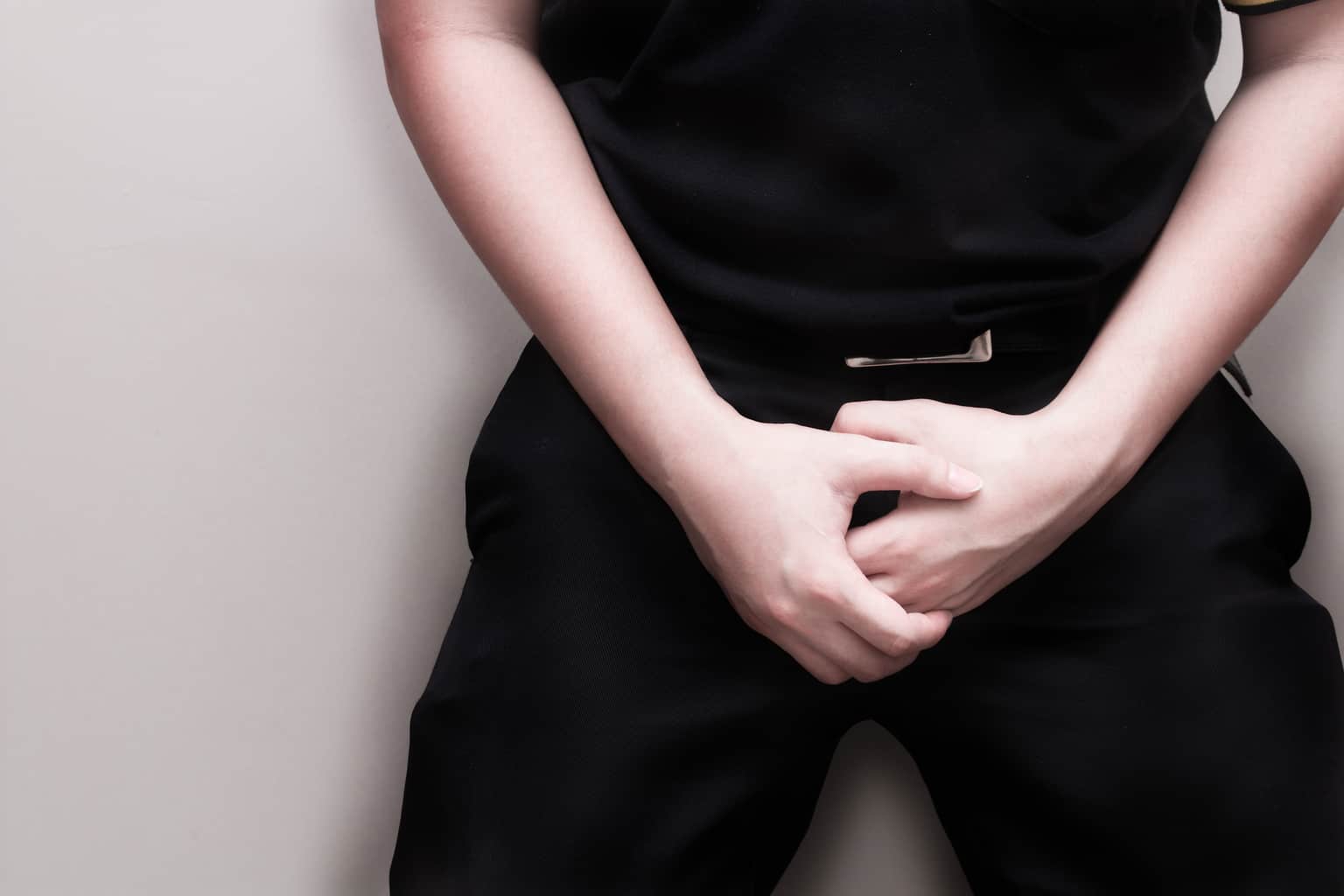
[cmamad id=”14271″ align=”center” tabid=”display-desktop” mobid=”display-desktop” stg=””]
Here’s how I talk to the li’l guy downstairs…it’s so easy and the penile effects are immediate!
——-Important Message——-
Anxiety? Here’s what fixed it for me
Anxious men. Depressed men. Men who have lost hope. All from one single weird cause — gut inflammation.
Yes you heard me. Study after study confirms it — gut inflammation causes men to feel anxious, depressed and spent.
So now there is a simple way to gain self-confidence of an Olympic athlete — simply by eliminating the root cause of gut inflammation.
I found a drink that lowers gut inflammation and dramatically lifts confidence. Fear is gone, confidence is huge, and you can do literally ANYTHING…
You’ll ask her out finally…you’ll bend your girlfriend over the furniture, you’ll be a raging stallion again. Imagine how different your life is, now that the anxiety is behind you.

—————-
“Immediate penile effects”
This is about talking to your member…and getting GREAT results…so hear me out.
Okay…have you ever thought you did a great job at something and had someone tell you otherwise and completely rock your world?
It happens all the time. Especially if you have a cruddy, crappy boss.
You’ll do a great job at something and then someone rips the rug out from under you.
It can change everything in an instant… and take you from perceived success to perceived failure almost immediately.
And this effect is not just in your head, it’s quite real.
[cmamad id=”14285″ align=”center” tabid=”display-desktop” mobid=”display-desktop” stg=””]
The way people treat you and the way you view yourself can be influenced directly by how you label yourself…
And how other people label you, and how you frame events in your head.
This phenomenon is a little bit on the weird side.
That’s because we like to think we are “independent” of other people’s thoughts and feelings about us.
But that is just not the case.
Labels and how we use them on ourselves and others really matter.
Now a counselor isn’t going to tell you this stuff (they don’t actually know it), and I promise I’m not going to get all mamby-pamby on you.
But if you are ready to start taking up your manliness… then pay attention because this is important.

The earliest studies I could find on this phenomenon of labeling and how it affects performance were from the 1930s.
So science has known about this for a long, long time.
But it’s still not widely taught.
And where it is taught it tends to get perverted into something very strange that doesn’t really match reality.
In the study listed above (done in 1975) scientists found some really interesting things.
In Experiment I, group discussion polarized the evaluations of six hypothetical faculty members, three described positively and three negatively. ‘Good’ faculty were rated and paid even more favorably after group interaction and contrariwise for ‘bad’ faculty.
What’s happening here is really kind of crazy.
They gave a fictional group of people the label “good” or “bad.”
When subjects were asked to rate and pay them, the “good” group got paid more than the “bad” group.
Now… you may be thinking “of course – good people deserve to be paid more.”
But that is where the interesting thing comes in.
These people weren’t objectively any different from each other.
They were just labeled or described differently and got different outcomes because of it.
How you label yourself matters.
We all have labels that we use everyday.
Father, boss, co-worker, and more.
And we also have labels that we use on ourselves. Sometimes they are good, and sometimes they are bad.
Some labels that we tell ourselves may be:
“I will never get promoted.” = label – I’m a failure.
“I will never get it up again.” = label – I’m inadequate.
“What’s wrong with me?” = label – I’m inadequate.
And we may not see these as labels when we’re allowing our brains to tell ourselves these things.
But they have the same effect as the study above.
What we label ourselves tends to get reinforced over and over again because our brain tends to reinforce the labels we give it.
And then they become more and more true over time.
You may say “Matt, I don’t do this.” And I applaud you if that is true.
But I have found that even though I’m trained in this I STILL catch my brain throwing up labels that limit me and what I want to achieve in this life.
Here’s what to do about labels your brain throws at you.
There are a couple of methods that are really effective at fixing this.
But my favorite (and I think the easiest) is to recognize when you are labeling yourself and say to your brain “thank you for that thought.”
Then let that thought go past.
Then start talking to yourself with the labels you WANT.
2nd person seems to work best for most people.
So instead of the negative labels say things like…
“Matt, you can have a fulfilling sex life into your 80s or 90s,” = label – I am enough.
“Matt, you can put the work in to get the promotion or find a new opportunity.” = label – I am an achiever.
“Matt, you can learn any new skill set you put your mind to.” = label – I am confident
This isn’t an instant fix, but with practice it can be highly effective at helping you take the actions that will get you to alpha male status.
Because how we talk to ourselves really, really matters.
—–Important Message——
For men who are “half hard”
I know this feeling well…
…when it starts getting “rocky”, but stops halfway. Or goes flat in the middle. Uh oh, so embarrassing…
That’s what “desensitization” does, it cuts everything in half and you’re left with even less and less over time. And what goes up, goes down unexpectedly. ARGGHHHH!!!!
But a simple “solo activity” makes sure that it gets fully rigid, fully engorged and 100% “rocky” all the time…
 Check out this solo activity that fixes things down there.
Check out this solo activity that fixes things down there.
——————-

http://journals.sagepub.com/doi/abs/10.1177/001872677502800802
Why It's Dangerous to Label People
https://www.psychologytoday.com/blog/alternative-truths/201005/why-its-dangerous-label-people
https://adaa.org/understanding-anxiety/depression/symptoms
https://www.mind.org.uk/information-support/types-of-mental-health problems/depression/symptoms/#.WyDHMvU4DIU
https://www.mayoclinic.org/diseases-conditions/generalized-anxiety-disorder/expert-answers/herbal-treatment-for-anxiety/faq-20057945
https://www.foodmatters.com/article/5-herbs-to-calm-anxiety-without-being-drowsy
In today’s hyper-connected world, one of the biggest causes that can hamper one’s ability to deeply and openly experience life, are depression and anxiety. Sometimes these elements can chip away so much energy from a person’s normal life that one can even come close to life-threatening events such as suicide. Health may get affected and a person can lose the drive to thrive and live according to his or her potential. A person suffering from depression and anxiety can show specific symptoms, though these are actually psychological problems that can mar a human being normal functioning.An important symptom is feelings of hopelessness and pessimism, in which an individual faces every day. There may be feelings of guilt, worthlessness and a certain loss of hope, which makes it difficult for them to seek change or lay goals in life. Physical symptoms may include loss of sleep and fatigue, lack of energy to do anything. Work can get affected and it may become difficult for a person to fulfil goals or fulfil obligations at work. There can be the start of addictions like alcohol or smoking to numb the body down. Usually, an individual can find issues with concentration and may feel overwhelmed and frustration can seep in. An Individual’s sleep patterns may undergo changes such as oversleeping or not being able to stick to a routine in everyday life. There may be the onset of muscle pain and headaches on a regular basis which may not go away even with medication. One can fall victim to overeating and there maybe rapid weight loss of weight gain which may differ from person to person. An Individual can become too reactive to the slightest challenges in life and be stressed most of the time.One may feel difficult to relate with other people and a sense of unreality may set in. Self-harming behaviour can set in if proper attention and intervention is not taken. One may lose interest in sex or any other enjoyable activities like hobbies or any kind of entertainment that one usually enjoyed. Depression can also be part of other mental problems like Bipolar disorder or Borderline personality disorder. Usually, individuals feel it easy to remain in these kinds of situations that ask for medical intervention or outside help. A change of routine, a change in one’s usual thought processes and creating a space for positive thoughts are important to start the healing process.
2. What are anti-anxiety herbs?
Anti-anxiety herbs are herbal remedies that can efficiently help in healing specific mental issues that can arise from anxiety. Anxiety issues are one of the most common of maladies worldwide and it can severely affect one’s ability to confidently engage life. According to some medical research, anxiety disorders are the most common mental illness in the U.S. and affect as much as 40 million adults. Though most people depend on anti-depressants and over the counter drugs to mitigate the long terms effects of anxiety, the role of natural herbs in healing anxiety is gaining importance in the recent years.Passionflower is an anti-anxiety herb that has been found to ease symptoms like anxiety, nervousness, agitation and depression. Usually consumed in extract form, one can also take passionflower tea to soothe and calm the mind. Lavender is an anti-anxiety herb which is usually used in aromatherapy to soothe anxiety and to bring healing. It is also available in supplement form and a dose of 80mg/day is considered perfect for those who suffer from anxiety. The effect of Lemon balm in improving calmness and reducing stress levels is much documented in many health studies. It is considered safe for short-term use and has been found to soothe excitability and irritation too. Normally used in Aromatherapy, one can also include it in tea. Ashwagandha is an herbal remedy which is good for treating anxiety issues which is normally taken as a supplement in capsule form. Chamomile is also considered a good herbal remedy in reducing symptoms of anxietyThough these herbal remedies can play an effective role in addressing the side effects of anxiety and depression, it is important that one engage medical treatment or psychological counselling for any serious forms of anxiety.

Leave a Reply